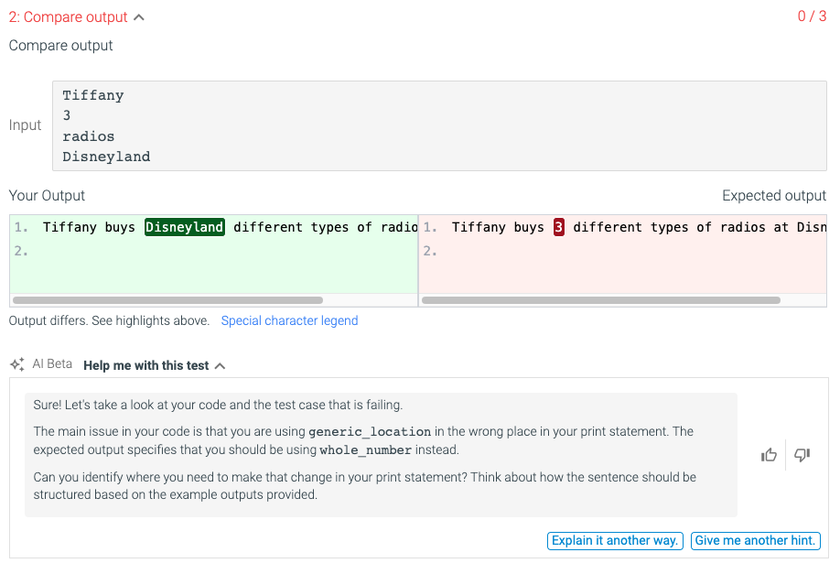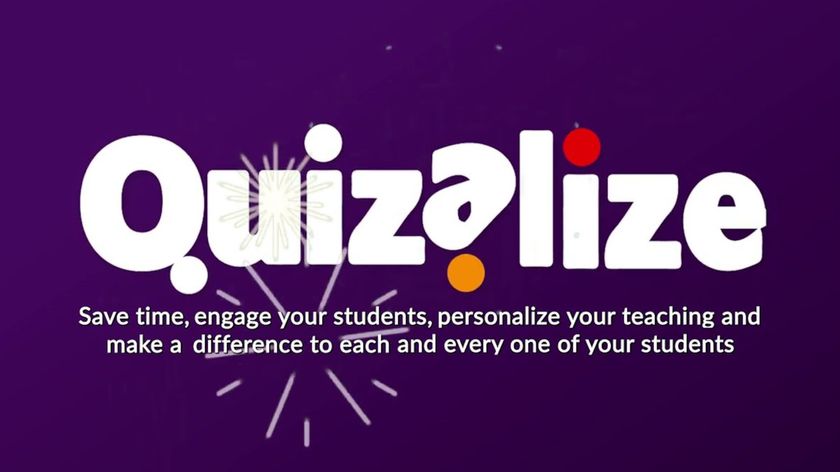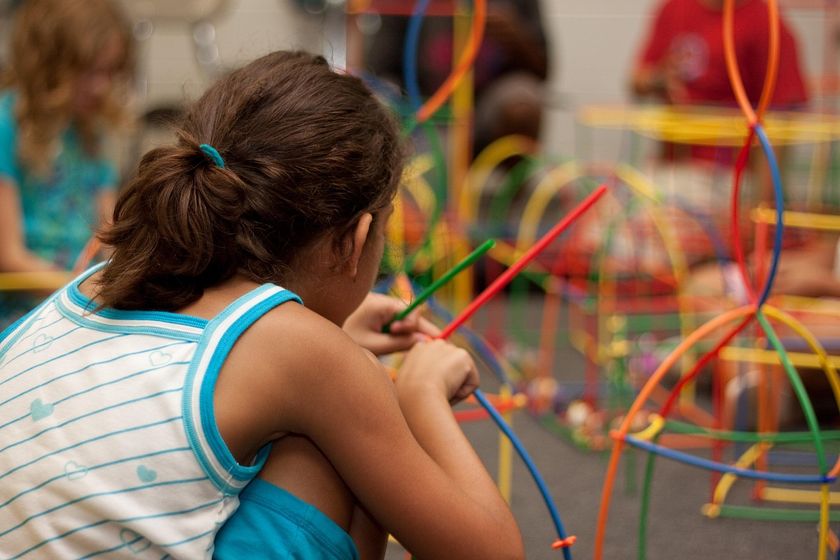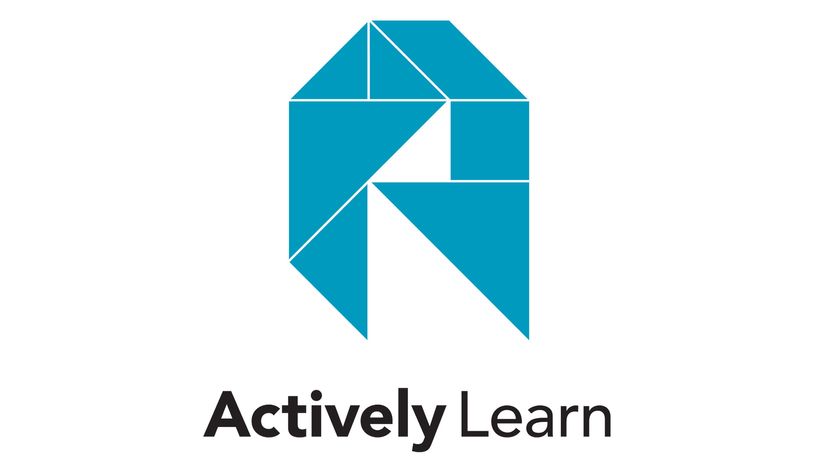5 Tips For New Teachers Around Midterms
This time of year is always stressful but after more than a decade teaching, I’ve found some strategies that help.

Every year at about the midway point of the semester, I feel a little overwhelmed as an instructor. Student questions pile up and no matter how many items I check off my to-do list, it seems to grow longer like some task-based hydra. Then imposter syndrome starts to rear its ugly head.
As I’ve grown more experienced, I haven’t fully grown out of these feelings, but I have developed some strategies for dealing that I think will be helpful for new professors, and I suspect new K-12 teachers as well, even though the ebb and flow of the school year is different from that of a college semester.
Of course, what works for the tangled set of neurons that make up my brain might not work for your own ball of neurons. Adapt accordingly!
1. Recognize That The School Year Has Highs and Lows
The biggest single realization that helps me at this time of year is to constantly remind myself that the semester has busy points and bottlenecks. The bad news is these seem inevitable. The good news is as frequently as it happens, it passes, and there are also calmer moments during the year.
So as ungraded midterm papers and emails start to pile up, I just remember that things will be calm again before I know it. It may not feel like it when I’m in the thick of it, but it will happen.
2. Give Yourself A Fair Grade
It’s a good time of year to give yourself a midterm. But make sure not to grade yourself too harshly. So you haven’t responded with two-pages worth of feedback to every single student paper, and occasionally when you get a student email as you’re having dinner with your family, you wait until after you finish to respond. That’s all okay!
I try to think of a teacher I respect and ask myself if they did what I did, how I would feel. If I’d be disappointed, it’s time to step it up on my end; if I’d approve, I think it’s okay to stop feeling guilty about not doing more.
Tech & Learning Newsletter
Tools and ideas to transform education. Sign up below.
We can always do more as educators, but we need to remember that we don’t want to burn out and let "great" be the enemy of "good." If there are things in our teaching that do legitimately need work, let's recognize that and address it with new strategies and approaches. But let's also stop beating up ourselves over little things.
3. Readjust Assignments
Just like war plans rarely survive contact with the enemy, assignment plans don’t always survive contact with students. Sometimes the plan you have for a course in August just no longer makes sense by October.
Consequently, it’s okay to switch gears, provided you give your students plenty of notice — and, of course, don’t do something such as turn your writing into a Mets playoff viewing party. (I've never actually done this but the Mets make the playoffs so infrequently, could you blame me if I did?)
Seriously though, making small changes to the course based on your own observations and student feedback tends to feel almost amateurish but I’ve grown to see it as a mark of a professional. Certain assignments don't work with certain students, and there's nothing wrong with changing up things.
4. Contact The Ghosts In Your Class
Different institutions have different policies around absentee students. But if you’re teaching classes with 20 to 30 students, it’s a good idea to reach out to those who have stopped attending. Or reach out again if you already sent an email after the first few classes they missed.
I find that most of these students do eventually appear, but by the time they do, it’s too late to do anything about their failing grade. I like to send these “ghosts” a friendly email telling them that their grade has already been hurt while also reminding them there’s still time to pass the class if they turn things around now. It also can save some conversations at the end of the semester, which is another busy time of the school year.
For some reason, I get stressed out by students who have stopped contributing to class and sending these emails helps alleviate that as well.
5. Remind Yourself of The Good Parts of Teaching
So far in this piece I’ve focused on negative things to overcome. However, it’s just as important to take some time at the midpoint of the semester to focus on all the really good things you’ve done and how you’ve helped students.
For me, I take a lot of pride in the time I devote to responding to each student’s writing submission. It doesn’t always pay dividends but I can rest assured that I’ve provided them the best advice I have for improving their writing, and that always feels like time well spent. I try to remind myself of this, particularly at the busiest times of the school year.
I also enjoy meeting one-on-one with students, and try to encourage them to meet me -- even, and especially, when I’m busy. Sitting down with a student for a half hour can make such a difference for them, and it often helps recharge my educator batteries by reminding me of why, as teachers, we do what we do. After all, there is something special about helping a fellow human learn something new, but we can all use reminders of that from time to time.
Erik Ofgang is a Tech & Learning contributor. A journalist, author and educator, his work has appeared in The New York Times, the Washington Post, the Smithsonian, The Atlantic, and Associated Press. He currently teaches at Western Connecticut State University’s MFA program. While a staff writer at Connecticut Magazine he won a Society of Professional Journalism Award for his education reporting. He is interested in how humans learn and how technology can make that more effective.












